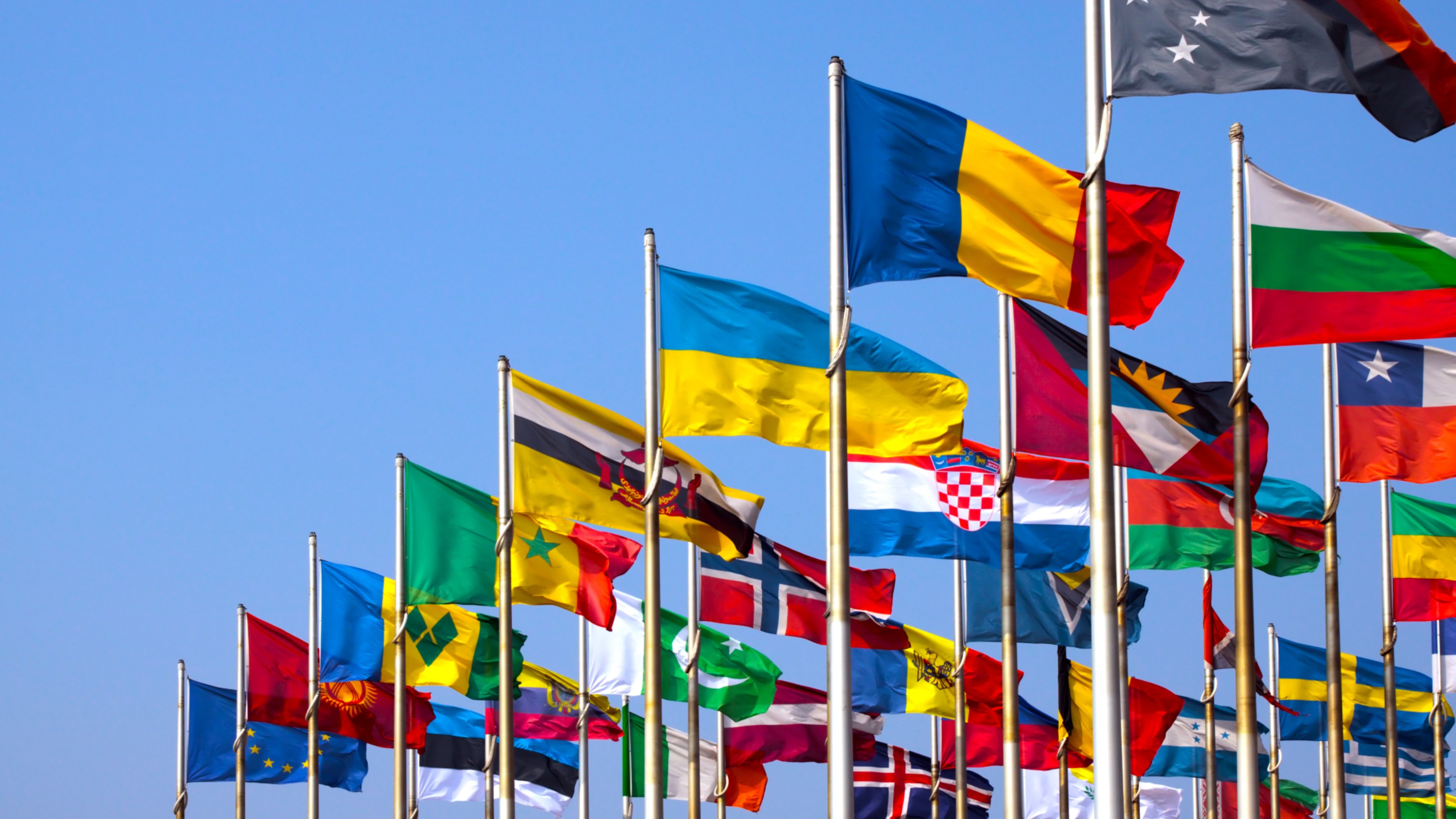The pillars of Clinton’s foreign policy, democracy promotion, trade, and the use of force when necessary are more controversial today than they were ten years ago.
Topic: Clinton and Foreign Policy
Derek Chollet: I think many people looking back on this history unfairly criticize Clinton for not having any foreign policy. That’s the conservative critique of Clinton, that it was sort of all ad hoc and that he didn’t really have a theory of the case, and that’s just not true and I hope what our book shows is that there was something that we call a Clinton Consensus around foreign policy that it took a while to get there and it was clumsy sometimes and it was a little haphazard but when Bill Clinton left office in 2001, there was a center of gravity on the left among Democrats on foreign policy and it did evolve around sort of three core issues. First was this idea of democracy promotion and Bill Clinton campaigned for president in 1992 arguing that the U.S. needed to do more to promote democracy around the world and, in fact, our victory in the Cold War was nothing more than an affirmation of the importance of promoting democracy around the world and that we shouldn’t be shy about it. Clinton came up with several phrases to try to kind of explain what that meant and one of them was Democratic enlargement, which was a theme that he and his administration pushed in the early 1990s and, of course, by the end of his term in office they created something called the Community of Democracies, which was an attempt to kind of institutionalize a partnership globally among democracies. In addition to the idea of promoting democracy, the other sort of second anchor was his approach to globalization. Clinton campaigned for president in 1992 and consistently as president pushed for trade agreements. This was very controversial within the Democratic party on the left. He pushed these agreements at some political risk to himself and some political cost to himself, I think. He was someone who believed very deeply in globalization. This was something that he, in the early days of his campaign in 1991 and 1992, he talked a lot about the change in global economy and how that meant changes not just for America abroad but how we needed to restructure our workforce and re-educate our workforce here at home. Clinton in many ways throughout his presidency was sort of an evangelist about globalization. Of course his top advisors at say, the Treasury Department, people like Robert Rubin and Larry Summers, were key players in that effort to try to kind of make America as powerful as it could be in this increasing globalizing world. The third area in which Clinton certainly struggled with throughout his presidency but I think towards the end had a strong, large degree of confidence was on the use of force. There were moments when America did have to use force and it didn’t necessarily only have to come in times of grave danger or national future was at stake. It was for things like humanitarian issues or for internal conflicts in which all the other options have been exhausted and force needed to be used to put down repression of a minority group, for example. We saw that in Kosovo in 1999.
Question: Do Democrats know when to go to war?
Derek Chollet: It’s harder today, I think. Part of the problem is it was never easy. It was never easy during the Clinton years. This was something that was always bitterly contested on the Democratic side and I think this will be one of the negative legacies of the Bush years is in that even though I think most Democratic foreign policy experts and the so-called political establishment still basically believes in the three pillars of the Clinton foreign policy -- democracy promotion, trade, and the use of force when necessary -- those have become more controversial in the past seven years. The politics have become trickier. Clearly trade is something that has become, at least on the Democratic side, more controversial and troubling. We saw that in terms of how the primaries played out with all the candidates essentially criticizing deals like NAFTA, which was one of Clinton’s signature trade agreements. Democracy promotion is something that has become sort of tainted no doubt by George W. Bush and the so-called freedom agenda. Madeline Albright is someone who we interviewed for this book and she is someone who believes deeply in democracy promotion. She herself is a child of Central Europe, grew up in Czechoslovakia and understands the importance of the U.S. standing for democracy and she’s quite distressed that, as she put it to us, George Bush has given democracy promotion a bad name. And then third on the use of force. I think there is a sense that because of the huge mistakes and, in many ways, the catastrophe of the Bush years when it comes to the use of the military, that that will cast a shadow over future presidents, whether it’s Obama or McCain, when it comes to the use of force. I think that’s something that makes the politics trickier. No doubt about it.
Recorded on: 07/08/2008





